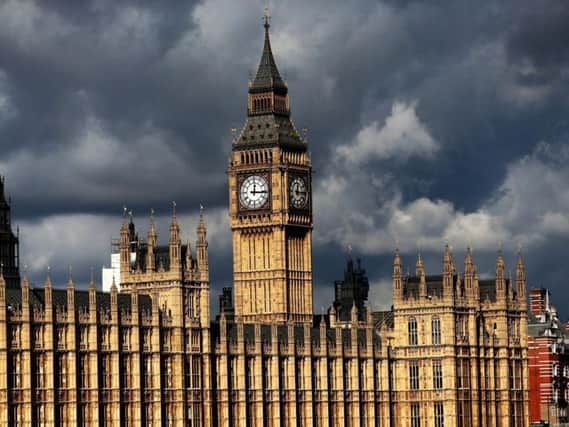Why the Loan Charge should be ripped up - Stephen Outhwaite


Nor have I seen such a strong reaction in the business community and amongst MPs of all stripes. So, what is the Loan Charge? The more ‘innovative’ tax planners have long devised arrangements aimed at minimising PAYE tax and National Insurance Contributions (NIC) paid by directors and employees.
There have been many variations on this theme historically but, from the early 2000s, the most common arrangement saw individuals being paid by way of loans replacing part, or all, of their salary.
Advertisement
Hide AdAdvertisement
Hide AdThese were funded by the employer contributing into a third-party ‘Employee Benefit Trust’ (‘EBT’) for the future reward of directors or employees (with the benefit of corporation tax relief).


The trust then made loans at its discretion (but usually upon request) to directors or employees.
These loans were structured so that they were unlikely ever to be paid back. The theory was that a loan, unlike salary, is not subject to PAYE or NIC. The purveyors of these arrangements relied upon their own interpretation of legislation, supported by eminent Tax Counsel opinion.
If it looks too good to be true it generally is – and, armed with a reasonable understanding of tax, myself and many peers believed that such an arrangement would be challenged by
Advertisement
Hide AdAdvertisement
Hide AdHMRC on the basis that once a business decides to reward a director or employee then PAYE/NIC should bite.
HMRC have had this view throughout and sought to challenge such arrange-ments whenever it was aware of them. The HMRC challenge mechanism, having taken the view that EBTs were a tax avoidance mechanism, was via an investigation of those businesses it was aware were utilising those arrangements. This was supported by a raft of new legislation under the heading of ‘Disguised Remuneration’.
So why has there been so much hurt and uproar in the business community? HMRC has the power to investigate, enshrined in legislation, but businesses and individuals have protections against HMRC acting beyond the scope of its powers – also enshrined in legislation.
Where a return has been filed, HMRC has one year from filing to open an investigation assuming the return in question is correct and discloses all relevant information.
Advertisement
Hide AdAdvertisement
Hide AdIf there has not been full disclosure, HMRC can assess up to four years from the end of an accounting period. This can be extended to six years if the return is incorrect due to carelessness; and to twenty years for “deliberate behaviour” (fraud, in old money). HMRC enacted new legislation in 2017 saying where a business only took advice from the vendor of an arrangement, that didn’t constitute “taking reasonable care”.
This legislation was not retrospective.
HMRC’s problem was that its risk assessment of returns often missed businesses participating in an EBT arrangement, even where a disclosure had been made – so HMRC had no statutory authority to investigate.
As a work-around, the Loan Charge was enacted as a “blunt instrument” to permit HMRC to effectively re-open the last twenty years and capture the tax/NIC it believed was due.
This paved the way for them to override the statutory protections businesses and individuals had – effectively retrospective legislation. HMRC pursued the ensuing debts, leading to bankruptcies and even suicides.
Advertisement
Hide AdAdvertisement
Hide AdThe recent review of the Loan Charge, initiated by the Government after strong representations from the business community, is critical of various aspects of the legislation.
My own view is the Loan Charge was a mechanism to paper over the cracks of HMRC’s inability to police the situation effectively and should be ripped up.